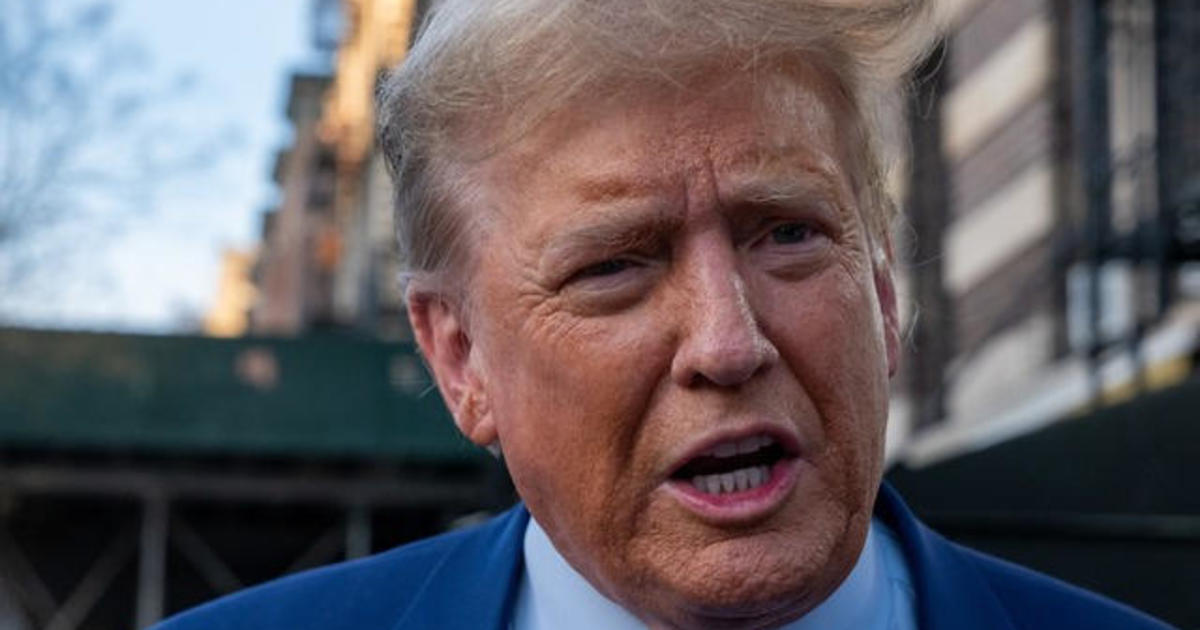Trump Media & Technology Group is alerting the Nasdaq exchange that its stock — trading under the ticker DJT, after former President Donald Trump’s initials — may be the victim of “potential market manipulation” due to short-selling activity.
The letter, which was sent Thursday to Nasdaq CEO Adena T. Friedman, claims that some traders are relying on so-called “naked” short selling, which is when an investor shorts a stock without first borrowing the shares. It’s a practice that is effectively banned in the U.S., with regulators requiring trading firms to make sure that traders have the securities on hand to complete a short sale.
The complaint comes after a wild ride for Trump Media’s stock since going public last month on the Nasdaq exchange. The shares lost two-thirds of their value from an initial peak, slicing billions of value from the fledgling media business, whose primary asset is the social media service Truth Social.
While Trump Media has regained some of that lost ground, rising 20% this week through Monday morning trading, some investors had complained on Truth Social that they suspected short sellers were contributing to the decline.
“Reports indicate that, as of April 3, 2024, DJT was ‘by far’ ‘the most expensive U.S. stock to short,’ meaning that brokers have a significant financial incentive to lend non-existent shares,” Trump Media CEO Devin Nunes, a former Republican congressman from California, wrote to April 18 letter to the Nasdaq CEO.
Nunes asked for Nasdaq to “advise what steps you can take to foster transparency and compliance by ensuring market makers are adhering” to regulations that block naked short selling.
Nasdaq is “committed to the principles of liquidity, transparency and integrity in all our markets,” the said in a statement to CBS MoneyWatch, the stock exchange said.
“We have long been an advocate of transparency in short selling and have been an active supporter of the SEC’s rules and enforcement efforts designed to monitor and prohibit naked short selling,” it added.
Short selling, which is legal, occurs when a trader borrows shares of a stock they believe will lose value, and then immediately sells the shares on the market for cash proceeds. Later on, if the stock price falls, the trader purchases that stock at the lower price, and then returns the shares to their trading firm from where they were originally borrowed. The short seller’s goal is to purchase the stock at a lower price than the borrowed shares, to pocket the difference in value.
But “naked” short selling, which is illegal in the U.S. if it is done intentionally, skips the step where the trader borrows shares of the stock, meaning that the investor sells shares they do not possess. Naked shorts can lead to large declines in a target company’s stock price, while also undermining market confidence, according to law firm Kohn, Kohn & Colapinto.
